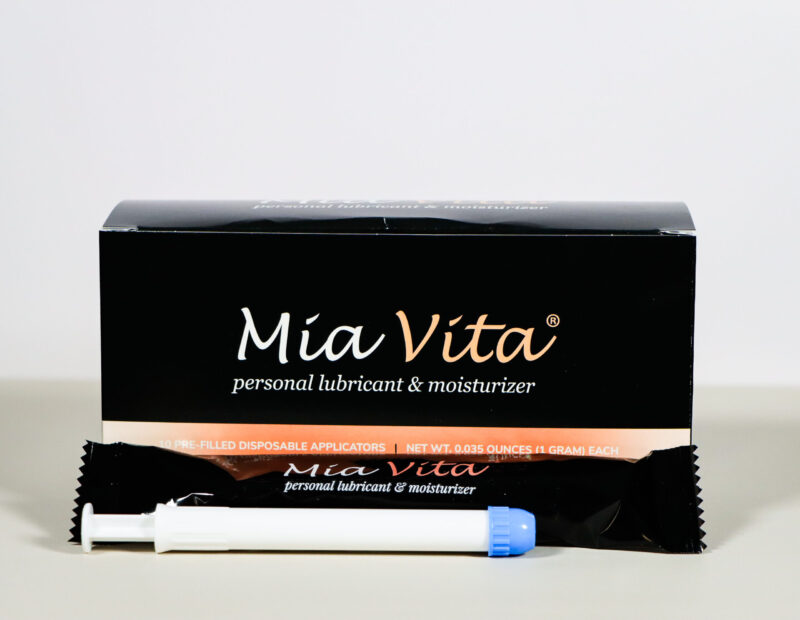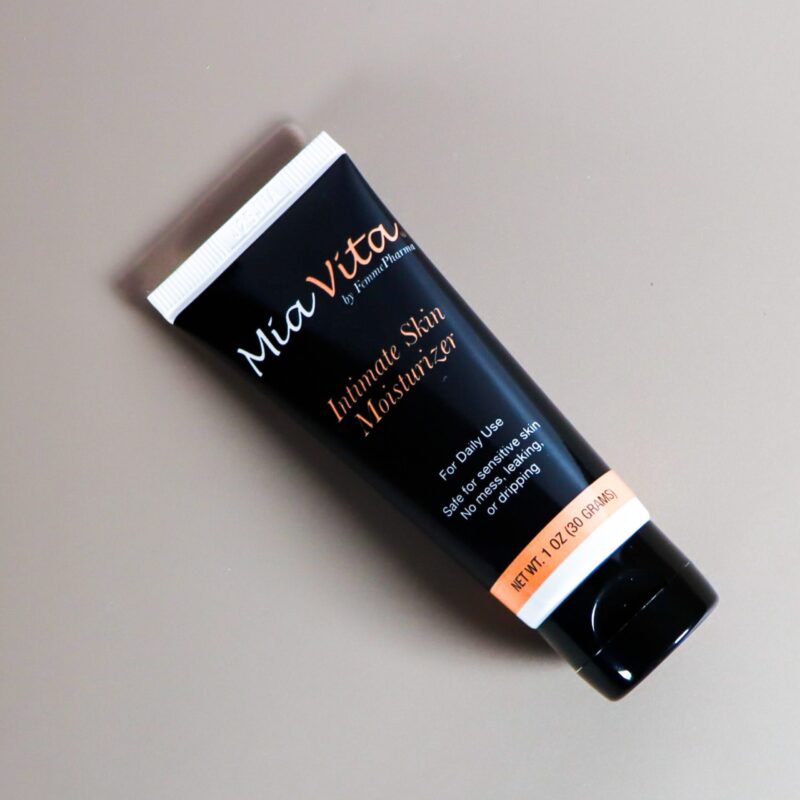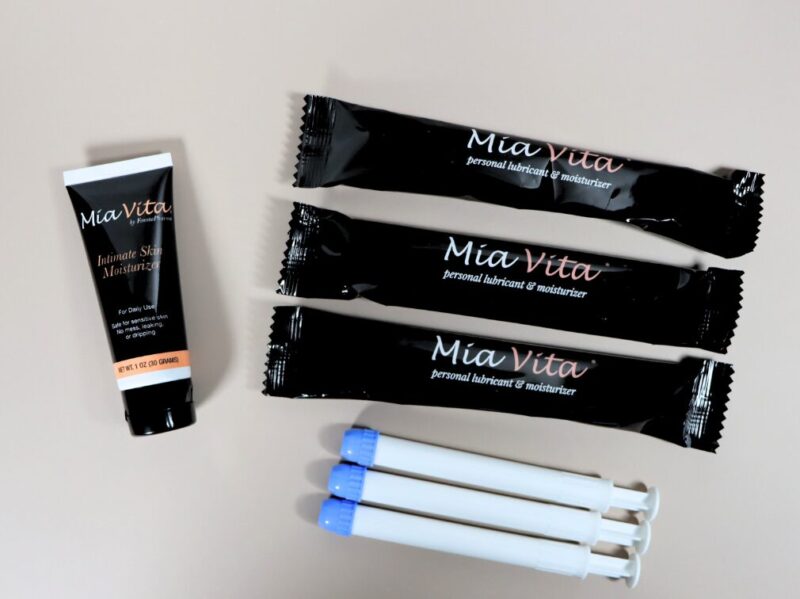Menopause is an inevitable phase in every woman’s life, characterized by prominent hormonal and physiological changes. While it can present an array of health challenges, it’s crucial to remember – it’s never too late to make a significant impact on your wellbeing. Even as you navigate through this stage in your life, introducing essential nutrients into your diet can bring about transformative changes to your health.
This article will guide you on some of the key nutrients to incorporate during menopause, underscoring the profound difference they can make towards enhancing your overall health, Remember, it’s not about when you start, it’s about taking that first step towards a healthier you. No matter your age or stage in life, embracing a mindful, nutrient-focused diet can spark a transformation that redefines your health journey, painting a vibrant picture of wellness that extends into the next exciting phase of your life. Embrace this opportunity for growth and rejuvenation, as you sow the seeds of well-being and reap the benefits in years to come.
With this in mind, this blog post aims to highlight some of the key nutrients that should be incorporated in a woman’s diet during menopause, along with their relevance to overall health.
Essential Nutrients
Vitamin D
Due to its role in calcium absorption, Vitamin D is critical for bone health. As menopause increases the risk of osteoporosis, a condition that weakens the bones, it’s crucial that women get adequate Vitamin D. Sunlight and foods such as fatty fish, eggs, and fortified milk are good sources, though supplements may also be needed.
Vitamin K and Calcium
Vitamin K aids in bone mineralization and calcium absorption, while calcium itself is crucial for healthy bones and teeth. A diet rich in dairy, leafy greens like spinach and kale, and fortified foods can provide these nutrients. During menopause, hormonal changes lead to a decrease in bone density, significantly increasing the risk of osteoporosis. This makes calcium and Vitamin K2 even more critical as they are pivotal for bone health.
Fiber
Fiber is an integral component of a menopausal diet, aiding digestion and weight management. There are two types of fiber: soluble (found in fruits, oats, and legumes) and insoluble (found in whole grains and vegetables). Both are important for maintaining digestive health, preventing constipation, and managing weight. Moreover, fiber assists in hormone elimination, particularly crucial during perimenopause due to hormonal shifts. Including a variety of fiber-rich foods in your diet can significantly enhance overall health and wellbeing during menopause.
Iron
During menopause, hormonal imbalances can lead to feelings of fatigue and a lack of energy. One reason for this could be iron deficiency, which can result from heavy or irregular periods during perimenopause. Iron, which carries oxygen throughout the body, is another vital nutrient. Iron-rich foods include red meat, poultry, seafood, beans, and fortified cereals.
Omega-3 and 7 Fatty Acids
Omega-3 fatty acids play a critical role during menopause. They possess potent anti-inflammatory properties, which are instrumental in mitigating menopausal symptoms such as hot flashes and joint discomfort. Furthermore, Omega-3s contribute significantly to heart health, a crucial factor since the risk of heart disease escalates post-menopause. Omega-3s can be sourced from fatty fish like salmon and tuna, walnuts, and flaxseeds.
Omega-7, a less well-known group of fatty acids, contributes significantly to women’s health during menopause. Derived primarily from sea buckthorn, they support the body’s natural inflammatory response, promote healthy skin by hydrating mucous membranes and may help with vaginal dryness.
B Vitamins
B vitamins, integral during menopause, support energy production and nerve health, offsetting fatigue and mood imbalances. They also contribute to heart disease prevention, crucial post-menopause due to lower estrogen levels. Good sources include whole grains, meats, dairy, legumes, and green leafy vegetables.
Protein
Protein, necessary for tissue repair and growth, may be needed in greater quantities during menopause to maintain muscle mass. Protein-rich foods include lean meats, poultry, fish, beans, and nuts. Choline, an essential protein for brain health, can be found in foods like eggs, liver, and peanuts.
Choline
Choline intake during menopause supports brain health and can potentially help in managing cognitive changes associated with this stage in life. Foods rich in choline include eggs, liver, and peanuts.
Collagen
Collagen is the main protein in our connective tissues and is crucial for joint health. During menopause, the natural production of collagen decreases, potentially leading to joint pain and aches. It is a protein that is also vital for our skin, hair, and nail health, Foods like bone broth, chicken, fish, and eggs can provide collagen.
Magnesium
Magnesium, vital during menopause, supports muscle and nerve functions along with bone health. It can mitigate common menopausal symptoms such as sleep problems and mood swings. Good sources of magnesium include green vegetables, nuts, seeds, and whole grains.
Water
Adequate water intake during menopause can help alleviate symptoms such as dryness and hot flashes, as well as support overall hydration and bodily functions.
The take-home message is that a balanced diet can help you feel better during menopause. Although taking supplements can be helpful, it’s important to focus on real, natural foods first. Incorporating the right nutrients into your diet doesn’t have to be overwhelming. Making small changes such as incorporating leafy greens into your diet or trying a new fish recipe can make a substantial difference. Remember, it’s never too late to start taking care of your body. By incorporating these essential nutrients, you can support your body during this significant stage of life.
To help you incorporate these essential nutrients into your daily meals, I’ve included a delicious breakfast, lunch, and dinner recipe idea below. These meal suggestions are not only delicious, but they are also packed with the necessary nutrients to support your body during menopause. The journey to better health begins in the kitchen, and these recipes are a great starting point.
Breakfast: Blood Sugar-Balancing Berry and Nut Yogurt Parfait
Lunch: Quinoa and Roasted Vegetable Salad with Feta
Dinner: Grilled Salmon with Magnesium-Rich Greens
By Alison Bladh / Alison Bladh Nutritional Therapy
FemmePharma has been helping women navigate menopause for over two decades. No matter where you are in your journey, you deserve to have knowledgeable, intimate healthcare partners to help you feel your best. Explore our other articles, podcast episodes with women’s health experts, and products to ease your transition into menopause.



